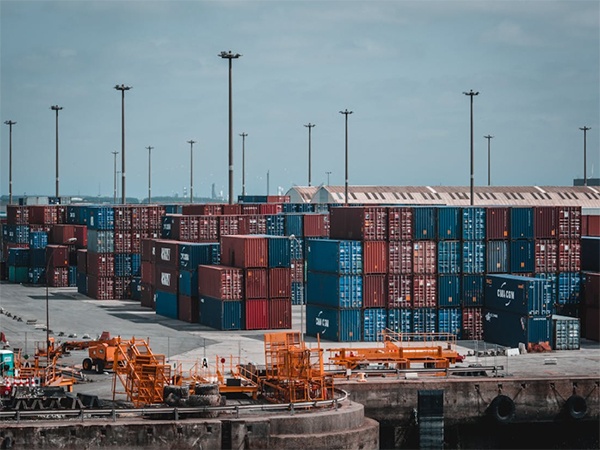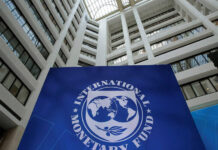Pakistan’s trade deficit widened sharply by 44% in July, largely due to a significant uptick in imports, further deepening worries over the country’s already fragile economic condition, The Express Tribune reported.
The data, released by the Pakistan Bureau of Statistics (PBS), shows the trade gap reaching USD 2.7 billion in July—an increase of nearly USD 830 million compared to the same month last year. The rise comes at a time when the government has reduced import duties as part of commitments made to the International Monetary Fund (IMF) and World Bank, sparking debate over the country’s growing reliance on international financial institutions for key economic decisions.
Planning Minister Ahsan Iqbal, however, downplayed the spike, describing it as a “temporary dip” during the launch of the government’s first monthly development report for the 2025-26 fiscal year. He maintained that the increase in imports was primarily due to the arrival of raw materials that would, in time, fuel export growth.
Iqbal also pointed to potential benefits for Pakistani exporters from preferential U.S. tariff rates. However, he acknowledged that these advantages would only be realised if local businesses could effectively penetrate global markets—an outcome that remains uncertain.
Officials suggested that the surge in imports may partly be due to businesses delaying shipments in anticipation of lower tariffs introduced in the new fiscal cycle. Despite the widening trade gap, Iqbal expressed confidence in the country’s economic trajectory, citing a 17% increase in exports during July.
According to The Express Tribune, exports reached USD 2.7 billion for the month—a 16.9% rise year-on-year—while remittances grew by 7.4% to USD 3.2 billion. The government has attributed these improvements to growing confidence among overseas Pakistanis.
Nonetheless, analysts remain cautious. With foreign reserves still under strain and external accounts facing persistent pressure, many argue that the optimism expressed by government officials may be premature.

















